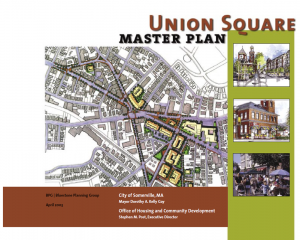On July 9, 2025, I successfully argued a motion to allow my client to withdraw his stipulation to a probation violation. The client was alleged to have violated his probation and, under the advice of counsel, stipulated to the violation and a sentence of five to seven years in state prison. Days later, he began to question whether he received good advice. After being retained, I discovered that the client was improperly advised by the prosecutor that he faced a five year mandatory minimum when in fact he faced no such minimum sentence. We successfully filed a motion to withdraw the petition on the grounds that the client was unable to make a knowing and intelligent waiver of his right to a hearing when he was misinformed about the mandatory minimum. The trial court allowed him to withdraw the petition so Mr. Postell could contest the violation of probation and get his day in court.
Case: Commonwealth v. Jerry Postell, Bristol County Superior Court docket 2373PT00238








